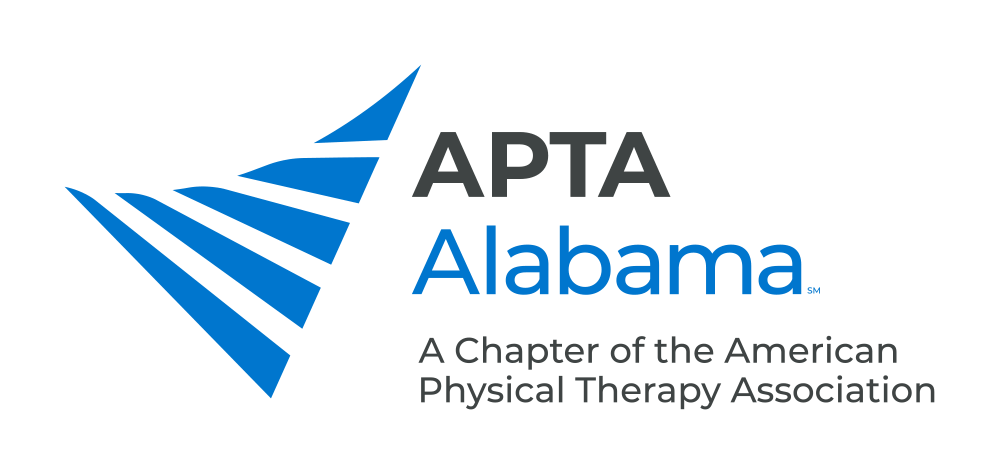The COVID-19 Public Health Emergency (PHE) is winding down after over 3 years. What does that mean for your practice? APTA wrote a nice summary of what PTs and PTAs should be aware of relative to regulatory relief provisions that will be sunsetting with the PHE expiration. Provided here is an abbreviated version. Find the full article here.
Telehealth for PTs and PTAs Continues
- Congress extended through 12/31/2024;
- But CMS regulations currently allow through 151 days after the PHE, or October 8, 2023.
- CMS has said they will issue updated regulations to align with Congress’ action, but that won’t happen until the Physician Fee schedule proposed rule, released in July 2023.
- What you should do: Be ready for change. Even though telehealth is permitted through the end of 2024 by statute, CMS still needs to update the governing regulations. And the list of permitted codes could change: The billable codes for this year include 97161, 97162, 97163, 97164, 97110, 97112, 97116, 97530, 97535, 97537, 97750, 97755, 97760, 97542, 97761, and 97763, but the agency could amend that list for 2024.The full list of services CMS currently permits to be provided via telehealth can be found on CMS’ Telehealth webpage.
HIPAA Enforcement Returns
- What you should do: See to it that your technology is HIPAA-compliant before the end of the PHE, or make sure you have a HIPAA business associate agreement that documents how your practice is safeguarding protected health information with due-diligence security measures. HHS notes on its telehealth page that many popular applications already offer these agreements for health care providers, including Skype for Business, Microsoft Teams, Zoom, Google G Suite, Cisco Webex, and others.
PTA Supervision Allowances Go Away Dec. 31; Maintenance Therapy Provisions Are Permanent
- What you should do: If you provide supervision to PTAs, follow the pre-PHE requirements beginning Jan. 1, 2024. APTA continues to advocate for general supervision of PTAs in all settings, but until that happens, direct supervision will still be required in private practices.
Medicaid and CHIP Coverage Could Change for Millions
- What you should do: Even though Medicaid agencies say they’ll contact individual beneficiaries about changes and coverage options, make sure your patients are aware of what could be happening: Encourage them to update their contact information, check their mail, and complete renewal forms.
- CMS has created a handout to help providers talk with their patients about their coverage status.
Home Health: Onsite Supervisory Visits Return; Telehealth Continues Through 2024
- What you should do: Make sure all postponed visits and related assessments of aides are completed by July 10.
Three-Day Qualifying Hospital Stay Returns (SNFs)
- For skilled nursing facilities, coverage will require the patient to have experienced a minimum three-day hospital stay.
Minimum Hours & 60% Requirements Rules Return (IRFs)
- For inpatient rehab facilities, PTs will once again be required to treat patients for 15 hours a week.
- Another IRF-related requirement that will return: the so-called 60% rule that mandates IRFs to maintain an inpatient population in which at least 60% of patients have one or more of 13 qualifying conditions in order to qualify for payment.

